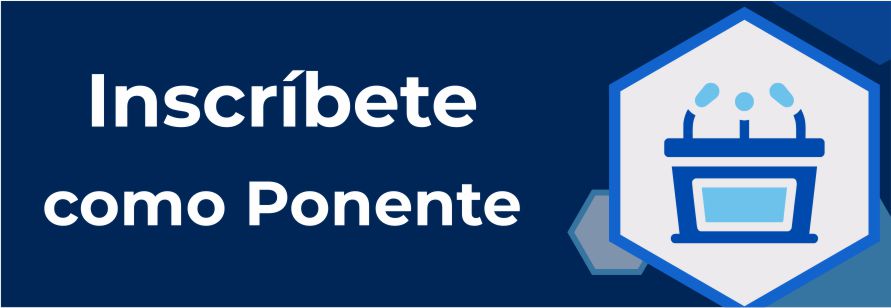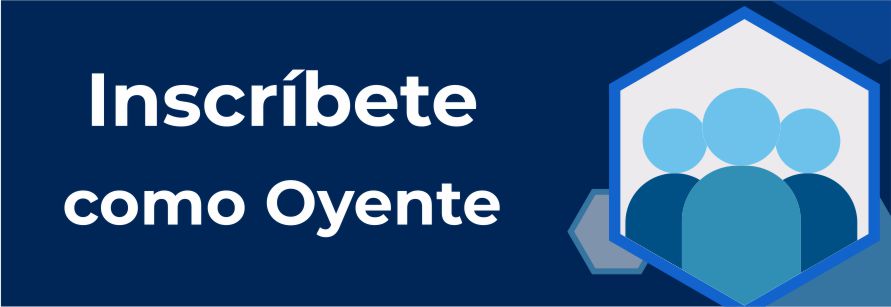The Effectiveness of Project-Based Learning and the (UDL) Framework in Acquiring English as a Second Language
Resumen
This study explores the impact of Project-Based Learning (PBL) and Universal Design for Learning (UDL) on English as a Second Language (ESL) acquisition, focusing on how these approaches influence student motivation, participation, and language proficiency. A quasi-experimental design was employed, with control and experimental groups, to assess the effectiveness of these methodologies. Data were collected through surveys, pre-and post-tests, and qualitative classroom observations. The results indicate that both PBL and UDL significantly enhance linguistic skills, particularly in reading, writing, and oral expression. These strategies also foster increased student engagement, motivation, and collaboration, contributing to a more dynamic and inclusive classroom environment. The study shows that the integration of PBL and UDL supports not only language development but also the creation of a supportive learning atmosphere that meets diverse educational needs. These findings underscore the potential of PBL and UDL to improve ESL instruction by encouraging active participation and collaborative learning. The study concludes with pedagogical implications, emphasizing the importance of professional development for educators in active and inclusive teaching strategies. It also suggests avenues for future research to refine the use of these methodologies in various educational contexts, ultimately aiming to enhance ESL outcomes across diverse linguistic and cultural settings.
Descargas
Citas
Bell, S. (2010). Project-based learning for the 21st century: Skills for the future. The Clearing House: A Journal of Educational Strategies, Issues and Ideas, 83(2), 39-43.
CAST. (2018). Universal Design for Learning guidelines version 2.2. Center for Applied Special Technology.
Ellis, R. (2003). Task-based language learning and teaching. Oxford University Press.
García, E. (2017). Project-based learning in the foreign language classroom. Journal of Language and Linguistics, 16(3), 654-671.
Hernández, R. (2019). The effectiveness of the DUA framework in teaching English as a foreign language. Journal of Language Teaching and Research, 10(4), 835-845.
Hmelo-Silver, C. E. (2004). Problem-based learning: What and how do students learn? Educational Psychology Review, 16(3), 235-266.
Joseph, F. (2025). The impact of Project-Based Learning (PBL) and Universal Design for Learning (DUL) on English language acquisition [Unpublished manuscript].
Krajcik, J. S., & Blumenfeld, P. C. (2006). Project-based learning. In R. K. Sawyer (Ed.), The Cambridge Handbook of the Learning Sciences (pp. 317-334). Cambridge University Press.
López, M. (2018). Project-based learning and the DUA framework: A case study in a Spanish EFL classroom. Journal of Educational Research, 111(4), 439-449.
Meyer, A., Rose, D. H., & Gordon, D. (2014). Universal design for learning: Theory and practice. CAST Professional Publishing.
Muñoz, P., & Ramírez, J. (2020). The impact of project-based learning on ESL students’ motivation. Educational Research Review, 15(1), 99-115.
Salinas, I., & Ávila, C. (2022). Exploring the role of active learning in ESL classrooms. Teaching and Teacher Education, 35(2), 245-259.
Schwabe, L., & Göth, M. (2005). Learning under stress: The role of PBL in cognitive engagement. Psychonomic Bulletin & Review, 12(5), 735-741.
Suárez, A., & Pineda, R. (2021). Evaluating the effectiveness of inclusive teaching methods in ESL education. Language Teaching Research, 25(3), 357-372.
Thomas, J. W. (2000). A review of research on project-based learning. San Rafael, CA: Autodesk Foundation.
Vygotsky, L. S. (1978). Mind in society: The development of higher psychological processes. Harvard University Press.
Wiggins, G., & McTighe, J. (2005). Understanding by design (2nd ed.). Association for Supervision and Curriculum Development.
Zarei, A. A., & Khalessi, M. (2011). The impact of problem-based learning on language learners’ motivation. Journal of Educational Psychology, 23(4), 478-492
Chicaiza Valle, V. L., & Rodríguez Quiñonez, V. M. (2024). Herramientas Tecnológicas Educativas en el Proceso de Enseñanza-Aprendizaje Inicial de la U.E. “Alfredo Pérez Guerrero”. Estudios Y Perspectivas Revista Científica Y Académica , 4(2), 426–473. https://doi.org/10.61384/r.c.a.v4i2.231
Franco Gallegos , L. I., Aguirre Chávez , J. F., Robles Hernández, G. S. I., Montes Mata, K. J., & Ponce de León, A. C. (2024). Efectos diferenciales del ejercicio aeróbico y el entrenamiento de fuerza en marcadores biológicos de salud en adultos mayores. Revista Científica De Salud Y Desarrollo Humano, 5(2), 249–273. https://doi.org/10.61368/r.s.d.h.v5i2.135
Ruíz Ledesma, E. F., Córdova Pérez., C., & Montiel Sánchez, A. S. (2023). Errores comunes en estudiantes universitarios al trabajar con la integral definida. Emergentes - Revista Científica, 3(2), 21–31. https://doi.org/10.60112/erc.v3i2.29
Ruiz Díaz Benítez , J. R. (2023). Design of a reference architecture in intelligent warehouse supply logistics through the use of Industry 4.0 technologies. Case of retail Warehouses in the city of Pilar. Revista Veritas De Difusão Científica, 4(2), 120–136. https://doi.org/10.61616/rvdc.v4i2.50
Martínez, O., Aranda , R., Barreto , E., Fanego , J., Fernández , A., López , J., Medina , J., Meza , M., Muñoz , D., & Urbieta , J. (2024). Los tipos de discriminación laboral en las ciudades de Capiatá y San Lorenzo. Arandu UTIC, 11(1), 77–95. Recuperado a partir de https://www.uticvirtual.edu.py/revista.ojs/index.php/revistas/article/view/179
v, H., & Quispe Coca, R. A. (2024). Tecno Bio Gas. Horizonte Académico, 4(4), 17–23. Recuperado a partir de https://horizonteacademico.org/index.php/horizonte/article/view/14
Da Silva Santos , F., & López Vargas , R. (2020). Efecto del Estrés en la Función Inmune en Pacientes con Enfermedades Autoinmunes: una Revisión de Estudios Latinoamericanos. Revista Científica De Salud Y Desarrollo Humano, 1(1), 46–59. https://doi.org/10.61368/r.s.d.h.v1i1.9
Vega Alvarez, E., & Huang Chang, Y. (2024). Blended Learning, and Its Impact on English Speaking Skills in Pronunciation in Group 11-4 of Liceo de Santo Domingo, I Quarter 2024. Ciencia Y Reflexión, 3(2), 159–173. https://doi.org/10.70747/cr.v3i2.18
Chavarría Hidalgo, C. (2024). Calculation of productive capacity: From theory to practice. Ciencia Y Reflexión, 3(2), 194–214. https://doi.org/10.70747/cr.v3i2.20
Agrela Rodrigues, F. de A., Moreira da Silveira, F., Moreira de Lima, M. R., & Pinto Uchôa , K. S. (2024). Identificando a Inteligência em Crianças: Traços Físicos e Comportamentais. Ciencia Y Reflexión, 3(2), 21–51. https://doi.org/10.70747/cr.v3i2.5
Derechos de autor 2025 Fritzner Joseph , Jorge Eduardo Toro Añazco

Esta obra está bajo licencia internacional Creative Commons Reconocimiento 4.0.













.png)




















.png)
1.png)


